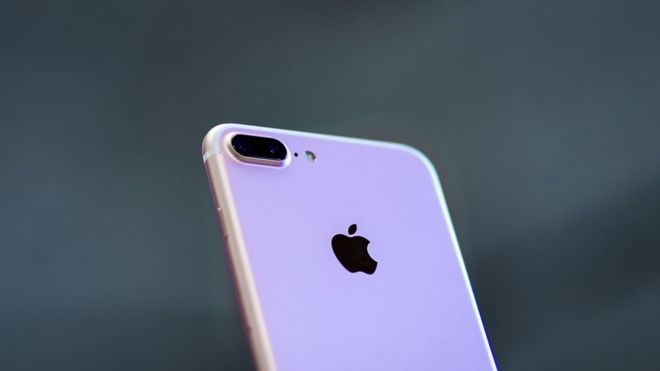Late last year I read some interesting reporting from BBC about privacy in the digital age. The case at issue involved the state of Florida compelling an alleged voyeur to reveal the lock code of his iPhone which had been seized with probable cause. The defendant refused, citing his Fifth Amendment privilege not to incriminate himself, but a Florida appeals court has ruled that the privilege could not have been invoked to block surrender of the code.

That’s an interesting result by itself; though, as a state-level appeal, that decision only has controlling precedent (for now) in Florida. But the BBC reporting really caught my attention for revealing some of the rationale of the appeals court’s decision, authored by Judge Anthony Black, in the story’s second half:
Judge Black referred to a famous Supreme Court case, Doe v US 1988, in which Justice John Paul Stevens wrote that a defendant could be made to surrender a key to a strongbox containing incriminating documents but they could not “be compelled to reveal the combination to his wall safe”.
“We question whether identifying the key which will open the strongbox – such that the key is surrendered – is, in fact, distinct from telling an officer the combination,” wrote Judge Black. “More importantly, we question the continuing viability of any distinction as technology advances.”
It happens that Justice Stevens was a favourite of mine before his retirement from the bench in 2010, and in fact this blog reviewed his 2014 book detailing his proposed constitutional amendments. I understood him to be a left-leaning civil libertarian, so it was surprising to hear an opinion of his cited to diminish the reach of one of the pillars of the Bill of Rights. I found the Doe opinion to be a quite interesting exercise in linguistic gymnastics, particularly, as Judge Black noted, amid the rapid advance of technology and the numerous and contentious questions about privacy that it has created. But beyond that, the case history led me down a 60-year-long rabbit hole of jurisprudence that I believe serves as a cautionary tale of how the Court can get it very wrong and the dramatic effects it can have on basic rights. With great care taken to exclude superfluous detail, I summarize that epic journey for you here.